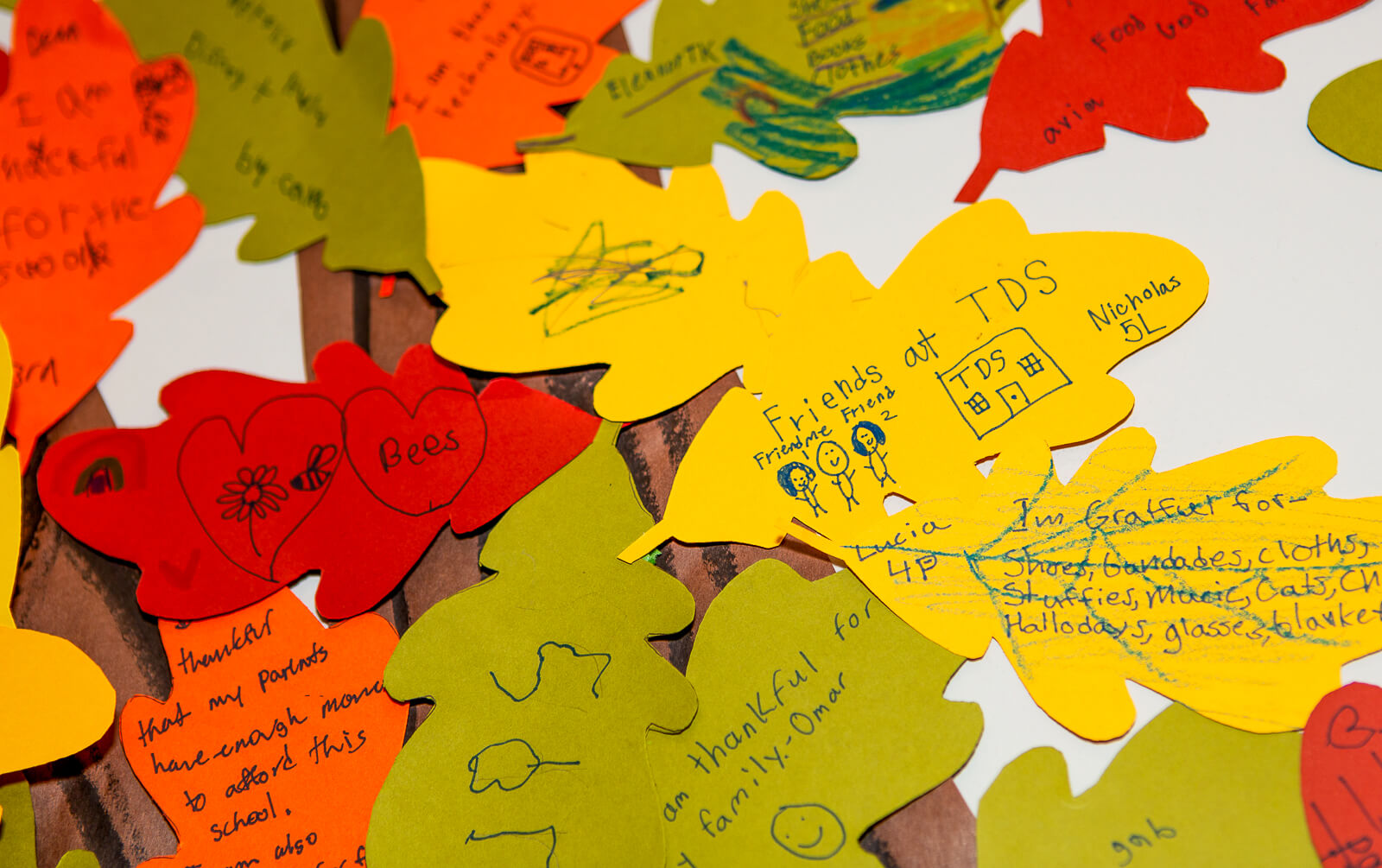By Doug Norry
September 21, 2023
This past weekend, I traveled to the western part of our state to spend a day at Lake James with my wife’s family. On Saturday afternoon, I was comfortably lounging on the dock, soaking up the sun’s rays and all of the natural beauty that surrounded me. Then came the challenge.
My sister-in-law would not have regarded it as one. She simply suggested that we swim to the buoy on the other side of the lake (and back!). As the owner of the dock, and the house up the hill from it, she swims this route regularly. By contrast, I remembered that it had been more than a decade since I’d swam laps, and a third of a century since my summer job as a lifeguard.
My gaze focused on the buoys, which I estimated to be a half mile away. (In reality, it was closer to two football fields.) Perhaps against my better judgment, I removed my Fitbit and followed her, and my wife and daughter, into the water.
The last to begin the journey, I immediately opted for freestyle at an aggressive pace. I was breathing to the side and not looking ahead. After thirty strokes, I paused to get my bearings and quickly realized several things. One, I was veering way off course. It was as if I were following the arc of my tee shot, slicing hard to the right. Two, the buoy didn’t appear any bigger or closer; apparently I hadn’t gone too far. Three, I was exhausted. Finally, and perhaps most distressing, I was in deep water without a lifeguard or lifejacket.
My mother-in-law is famous (in my mind) for her expressions and sayings, and one of them is a single word: “Adjust.” I began cycling through breast stroke, freestyle, and side stroke; I slowed my pace significantly; and I looked up frequently to stay on course. Eventually, I made it to the buoy. I remember hoping that it was placed there to signal shallow water, but that wasn’t the case. Out of necessity, I channeled my inner Dory and “just kept swimming,” my eyes now fixed on the dock. My wife was 5-10 yards ahead of me during the return trip. Ordinarily, we are quite competitive, but this was a time to focus solely on my own journey. After what seemed like an eternity, I reached the ladder, sprawled out on the dock, and returned to my resting state.
This experience left me with a few takeaways. One, seek discomfort. I’ve learned this from my son, Will. Beyond wearing the sweatshirt, he fully subscribes to the Yes Theory movement, which espouses that “life’s greatest moments and deepest connections exist outside of our comfort zones.” Especially during the pandemic, we were all bombarded with “play it safe” messages, but I know I would have regretted staying on the dock.
Two, keep your goal in sight. On Saturday, I applied this quite literally, looking up every few strokes to be sure I was headed toward the buoy. In a more general sense, this reminds me of Steven Covey’s second habit: Begin with the end in mind.
Three, just keep swimming. In the middle of the lake, quitting was simply not an option. In most circumstances, frankly, it’s all too easy to quit, and we need to remind ourselves to keep plugging away.
Four, find the right pace. The most memorable graduation speech I’ve ever heard was delivered by Vance Wilson, a longtime Head of School. I only remember five of his words: “we’ve got to slow down.” Vance gave that speech in 1999. On Saturday, had I succumbed to my competitive desire to catch my wife, it could have been quite problematic. “Slow and steady” didn’t win the race, but it did ensure that I reached the dock.
Particularly in upper elementary and middle school, we are teaching these takeaways to our students in various ways each and every day. Having just completed their twenty-second day of middle school, our sixth graders might feel like they are in a position similar to where I was on Saturday. They have left the comfortable “dock” of the Forringer and Lazar homerooms, and they are swimming in the deep end, managing different classes, multiple teachers, a variety of expectations, three-minute passing times, shifting friendships, and even a locker. Of course, there are plenty of life guards, in the form of teachers and parents, to help them along. To their credit, they are finding their pace, tweaking their course, and realizing that it’s a marathon rather than a sprint. They too will make it back to the dock.

